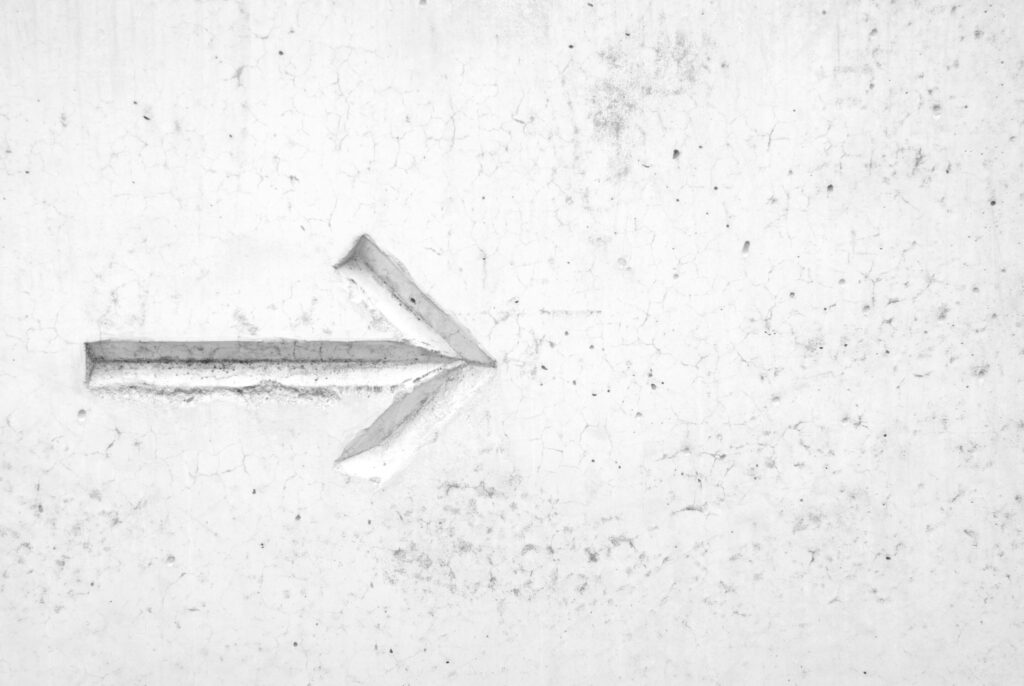Recovery coaching and life coaching are not all that different – they just have a different focus. According to the International Coach Federation, coaching is defined as “partnering with clients in a thought-provoking and creative process that inspires them to maximize their personal and professional potential.”
Much like life coaching, a recovery coach — also known as a sober coach — seeks to help individuals in recovery. However, sober coaches are not to be confused with sponsors, doctors, or therapists. Coaches have very distinct roles:
“A recovery coach is someone who is trained and interested in promoting recovery by removing barriers and obstacles to recovery by serving as a personal guide and mentor for people who are recovering or looking for recovery,” according to The Connecticut Community for Addiction Recovery (CCAR).
Recovery coaching is a partnership and a strengths-based support that helps individuals in all types of recovery, including those with substance use disorder, mental health, or dual diagnosis issues.
What obstacles can recovery coaching help overcome?
Some of the most common obstacles people in recovery face include:
- Alcohol and drug triggers
- Fears
- Disorganization
- Financial insecurity
- A lack of independence
- Dysfunctional relationships
- Professional challenges
- A lack of purpose and fulfillment
These barriers can result have an adverse effect on an individual’s recovery outcome. Studies show that up to two-thirds of those who leave treatment can return to use within a few weeks. This is why it is critical that people get the support they need in early recovery.

How is a recovery coach different from a sponsor?
Recovery coaches cannot help individuals in recovery process trauma, and they cannot counsel. They do not provide addiction treatment and cannot diagnose. Coaches are not aligned with any particular method of recovery or treatment. They are also not to be confused with peer recovery support specialists or addiction counselors. A recovery coach also has a different role from a sober escort and a sober companion.
The coaching relationship is different because it is a partnership and it is based in the belief that their clients are the experts on their own lives. The coach simply provides support and expertise for their clients. However, they cannot do the work for their client and they cannot make decisions for individuals.
You can expect a coach to help guide and support you in the following areas:
- Overcoming obstacles
- Making healthier life changes
- Setting achievable goals
- Implementing a process of accountability to keep you on track while you move forward in accomplishing short- and long-term goals
- Identifying triggers or roadblocks to long-term recovery
- Working through blocks and fears
- Decluttering
- Achieving financial security and independence
- Balancing business and personal life
- Making key decisions and designing strategies for success
- Improving communication skills
- Building sustainable relationships
- Excelling at work
- Finding the ideal career/work or business
- Finding the ideal partner/love/relationship
- Making an important life transition
- Living a fulfilling life
- Identifying core values and passions
- Fulfilling emotional needs
- Getting organized
- Creating more time to enjoy life

Are recovery coaches certified?
We’re commonly asked if recovery coaches are certified. While there is no federal licensing, you should find a coach that has a certification from a reputable company that requires a period of training and practice before certification. Organizations that offer and credential recovery coaches include:
- The International Coach Federation
- The Connecticut Community for Addiction Recovery
- The International Association of Professional Recovery Coaches
- SHE RECOVERS Coaching Designation Program
If you think you may need a recovery coach or want help to set and achieve goals, get in touch today for a free consultation.


